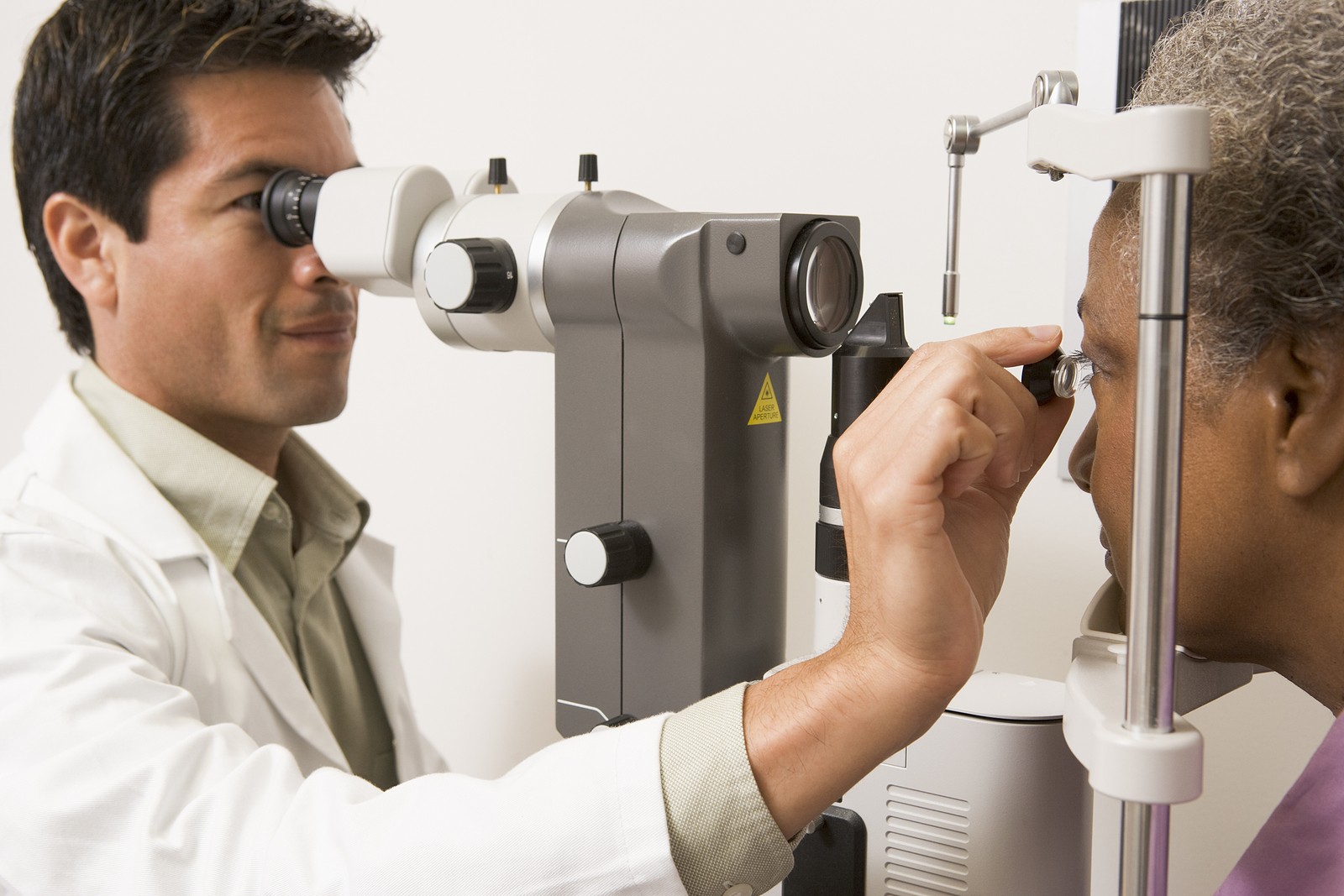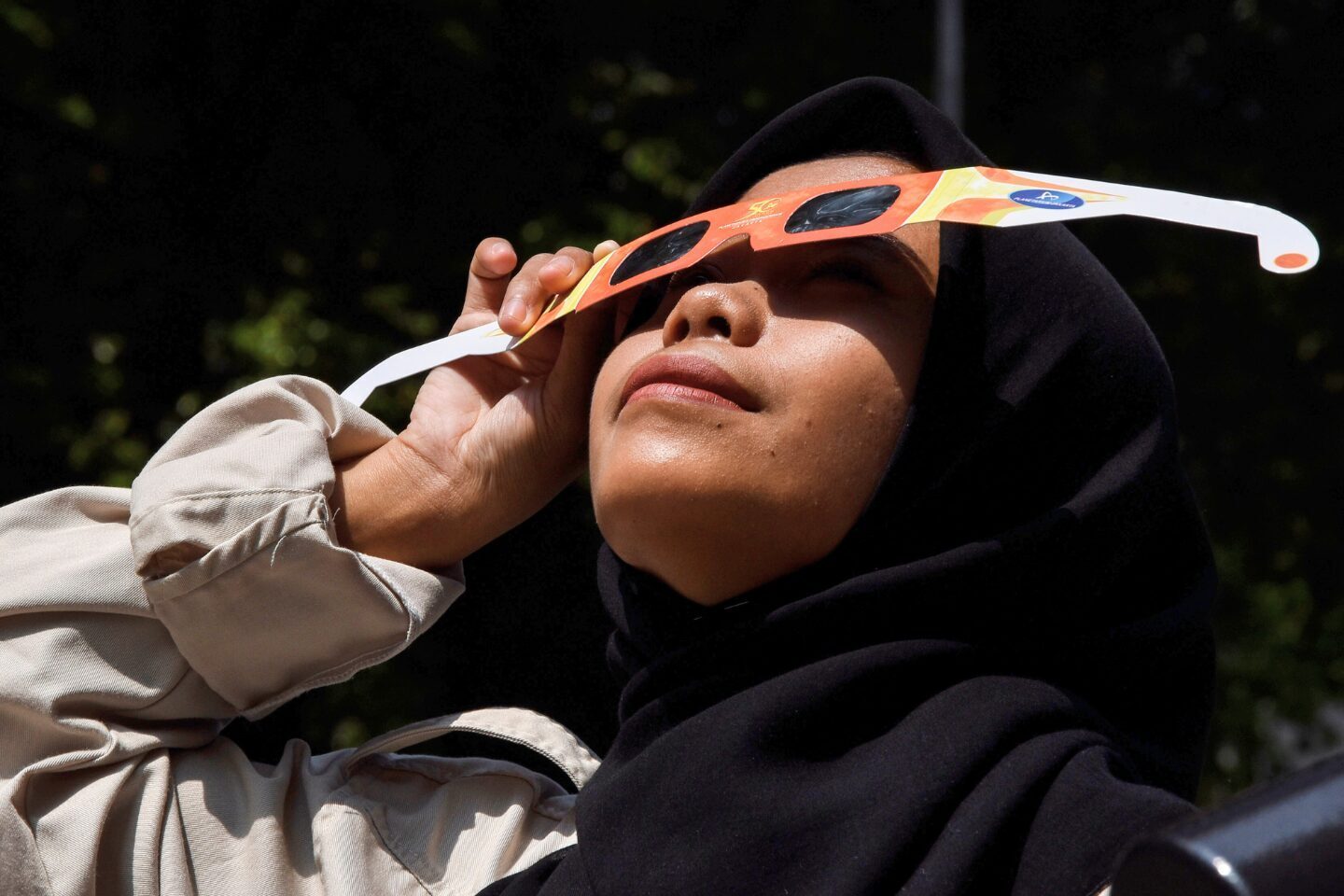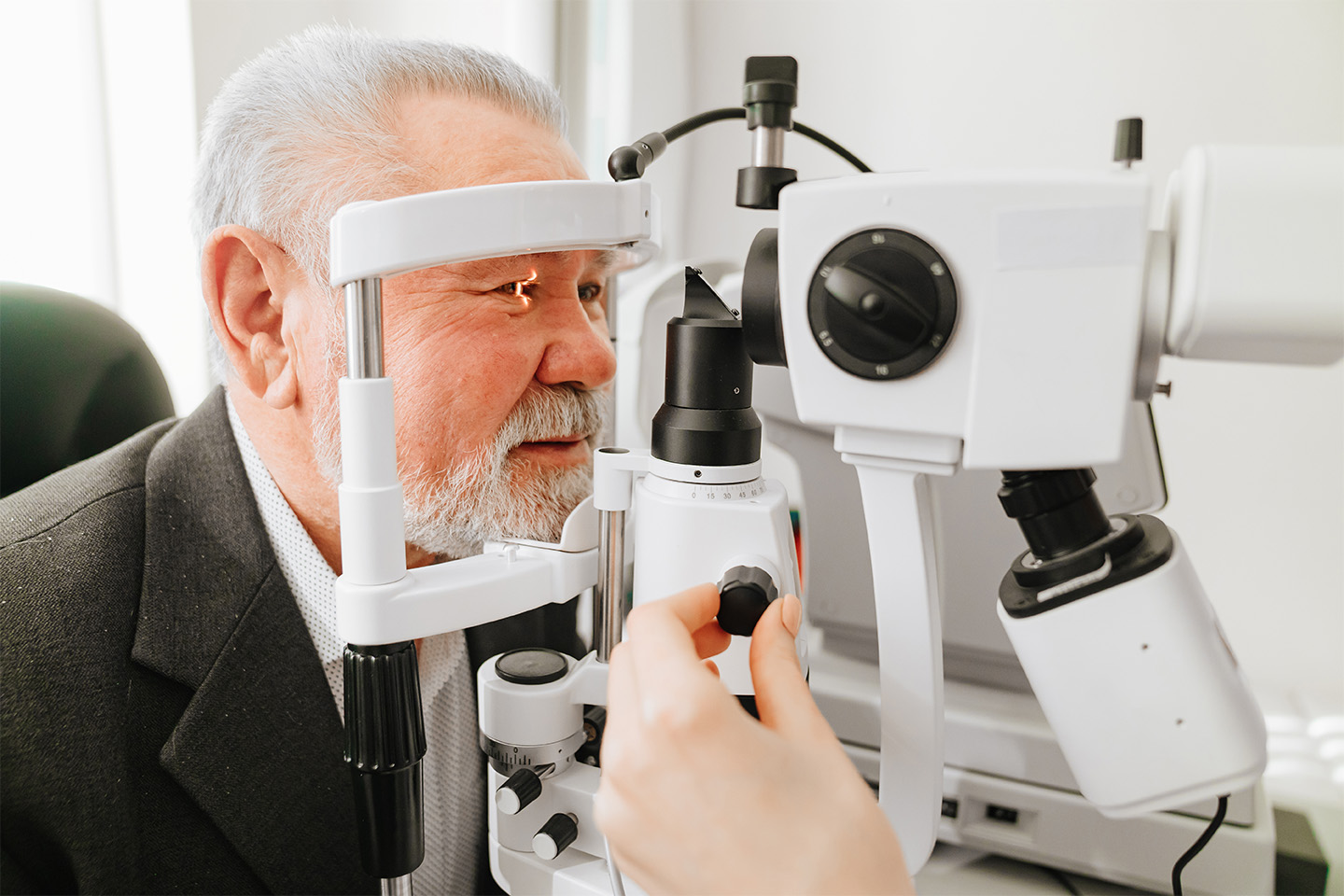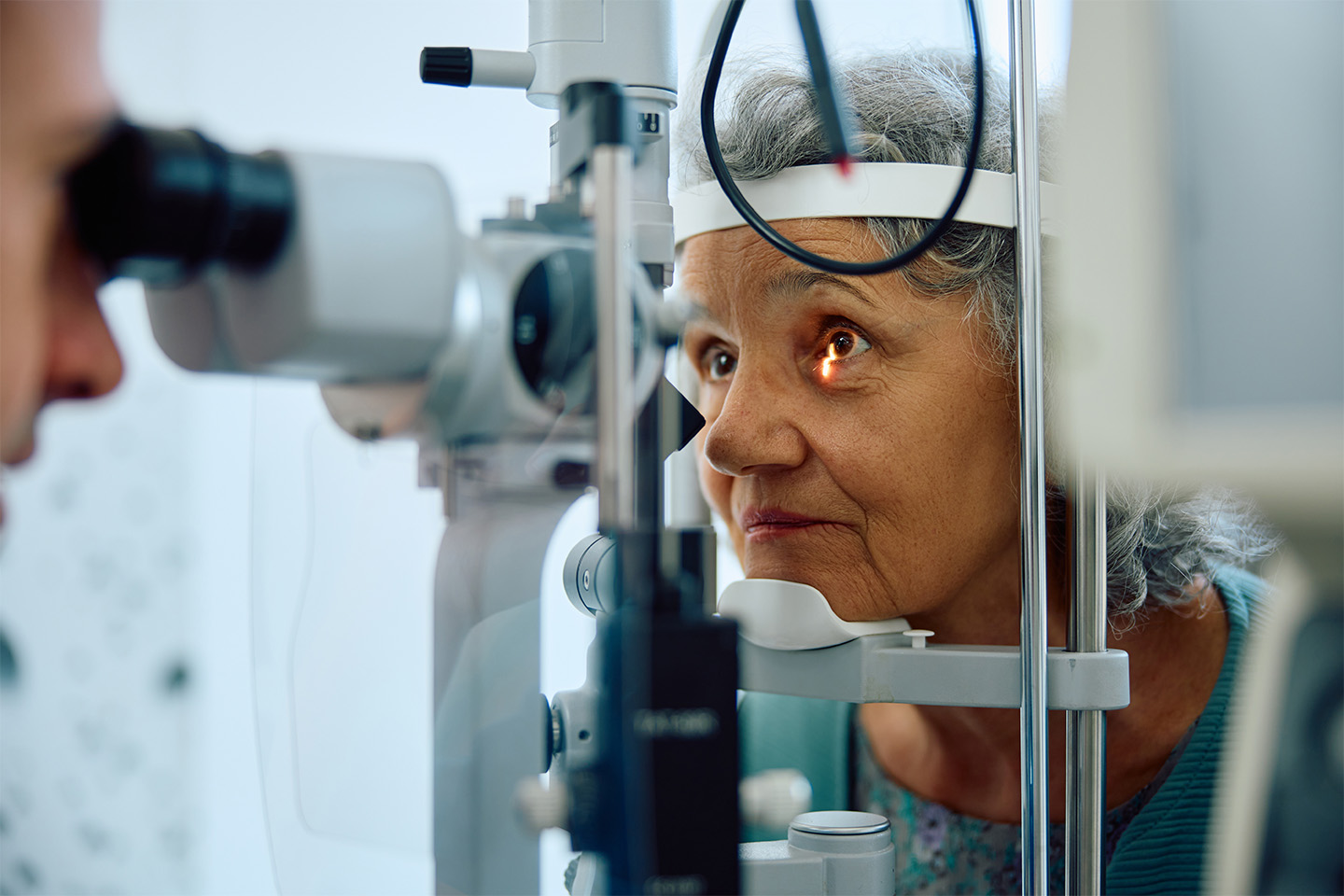Differences Between Annual Eye Exams and Medical Eye Exams

August is National Eye Exam month to stress the importance of getting your eyes checked regularly for optimal eye health. Depending on your needs, you may require a routine annual eye exam or a medical eye exam.
Continue reading to learn the difference between these two examinations and which one you should schedule for you and your children this month.
Why do I need an eye exam?
Routine eye exams are essential for maintaining your best vision as you age. Using the right prescription reduces your risk for severe damage or worsening eyesight.
Many eye conditions progress slowly or do not show symptoms until significant damage has occurred. Getting a routine or medical eye exam allows our eye doctors in greater Dallas to detect and treat these eye diseases as early as possible. They can even detect health conditions, such as diabetes, high blood pressure, and high cholesterol, during these assessments.
School is almost back in session, which means it’s the perfect time for an annual eye exam for your children as well. 1 in 4 kids has vision problems, but 50% of parents have never taken their children under 12 to an eye exam.
Not to mention, after a summer in the sun, you will want to be sure that the UV exposure has not impacted important eye structures.
What’s the difference between a routine annual eye exam and a medical eye exam?
Routine and medical eye exams share many of the same components, including refraction, dilation, and a check on intraocular pressure. An optometrist or an ophthalmologist can complete both assessments.
The main difference between the two exams comes from your reason for being seen and your exam results. This classification affects your insurance billing.
What is a routine eye exam?
A routine eye exam diagnoses and treats non-medical eye conditions and anything related to glasses and contacts. This includes refractive errors, such as nearsightedness, farsightedness, and astigmatism.
During your exam, the eye doctors will check your vision, screen for eye diseases, and update your prescription if necessary. Vision insurance typically covers your annual eye exam and necessary corrective eyewear or provides discounts on these services. It is important to note that Medicare does not cover this exam.
What is a medical eye exam?
Medical eye exams are meant to diagnose and treat eye diseases or conditions, including cataracts, glaucoma, conjunctivitis (pink eye), etc. There are many ways your eye exam can be classified as “medical:”
- You made the exam specifically to address new symptoms or complaints unrelated to refractive errors. This can include symptoms such as burning, stinging, and itching.
- You are following up on an existing eye condition.
- Your routine eye exam results in a medical diagnosis. So, you can go in for a routine exam that transitions into a medical eye exam. This may happen for example if you come to the office for blurry vision, but your vision cannot be corrected with glasses or contacts.
In these cases, billing goes through your medical insurance. This plan typically provides more coverage than the average vision insurance does.
Schedule Your Annual Eye Exam This August!
At Kleiman Evangelista Eye Centers, we offer comprehensive eye exams year-round. If you require further treatment, we also provide the best cataract and LASIK surgery in Dallas to help you achieve your vision goals.









